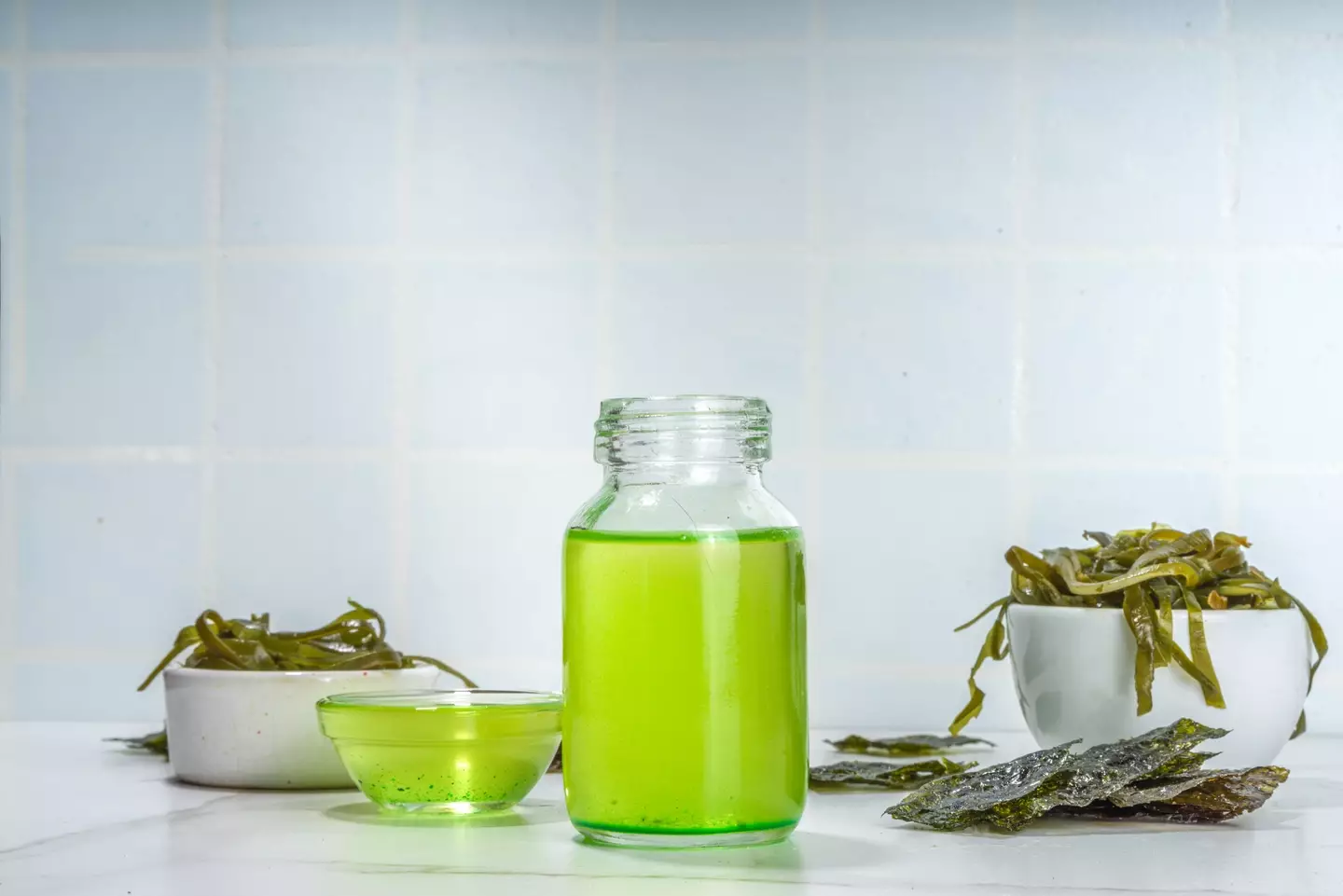
If you’re unfamiliar with the so-called ‘Hateful 8’ of the cooking oils world, it essentially refers to seed oils.
Those include canola, corn, cottonseed, grapeseed, soy, rice bran, sunflower, and safflower oil, and they’ve been catching some heat lately.
These seed oils have become associated with increasing inflammation and potentially triggering short and long-term health issues. They’re packed with omega-6 fatty acids, which we actually need as part of a nutritious diet, but some fear that getting too much omega-6 can cause issues.
However, studies have shown that your omega-6 consumption isn’t bad in and of itself. Rather than cut back on omega-6, it’s recommended that we actually increase our omega-3 consumption, as high levels of omega-3 seem to counteract the potential ill effects of omega-6.
Advert

That said, if you’re concerned about the potential ill effects of seed oils and their omega-6 fatty acids content, you could opt for an altogether more novel option: algae oil.
This kind of oil is extracted from microalgae plants similar to those you would find in the ocean, and along with offering interesting health benefits it poses little environmental risk. It’s both sustainable and doesn’t require pesticides and the like to help it grow efficiently.
But what health benefits can it provide over other cooking oils?
According to Kezia Joy, a medical advisor from Welzo who spoke to the San Luis Obispo Tribune, “It is packed with heart-healthy monounsaturated fats—just like olive oil—which promote a healthier cardiovascular system and helps reduce inflammation.”
Rich in omega-3 and omega-9 fatty acids, algae oil’s anti-inflammatory properties are joined with improved bodily cholesterol and promoting general cardiovascular health and reducing the risk of related diseases.
These compounds can also promote eye health, as well as brain function. Brain fog can be remedied by omega-3 fatty acids, and it can help to keep your skin smooth and well-hydrated too.
Of course, for the full effects you would need to incorporate algae oil into a balanced and nutritious diet, ideally with an active lifestyle.
“Algae oil isn’t a magic bullet for weight loss, but as part of a healthy diet, it can provide a heart-healthy alternative to refined seed oils,” said Dr Andrew Weil, founder of True Food Kitchen, in conversation with the San Luis Obispo Tribune.
But is it too good to be true? Not according to the experts.
“There are no particular downsides to algae oil; it’s a safe, everyday cooking oil choice for adults of all ages,” said Dr Weil.
That said, it’s relatively new as a cooking oil option and there are some things to consider. For one, high volumes of the stuff might upset your stomach – although that’s true of other cooking oils, of course – and the high omega-3 content may pose a problem for some people. Omega-3 can reduce blood clotting, and that might be a problem for people on blood-thinning medication.
.jpg)
But more research is needed. Some people may experience digestive upset if they overdo it on algae oil. And high-dose omega-3 supplementation may reduce blood clotting and is not ideal for people on blood-thinner medications.
“Algae oil might be expensive to use on a daily basis compared to readily available oils,” added Joy.
“Not all brands fortify their algae oils evenly, and the omega-3 level might vary significantly across the spectrum.”
